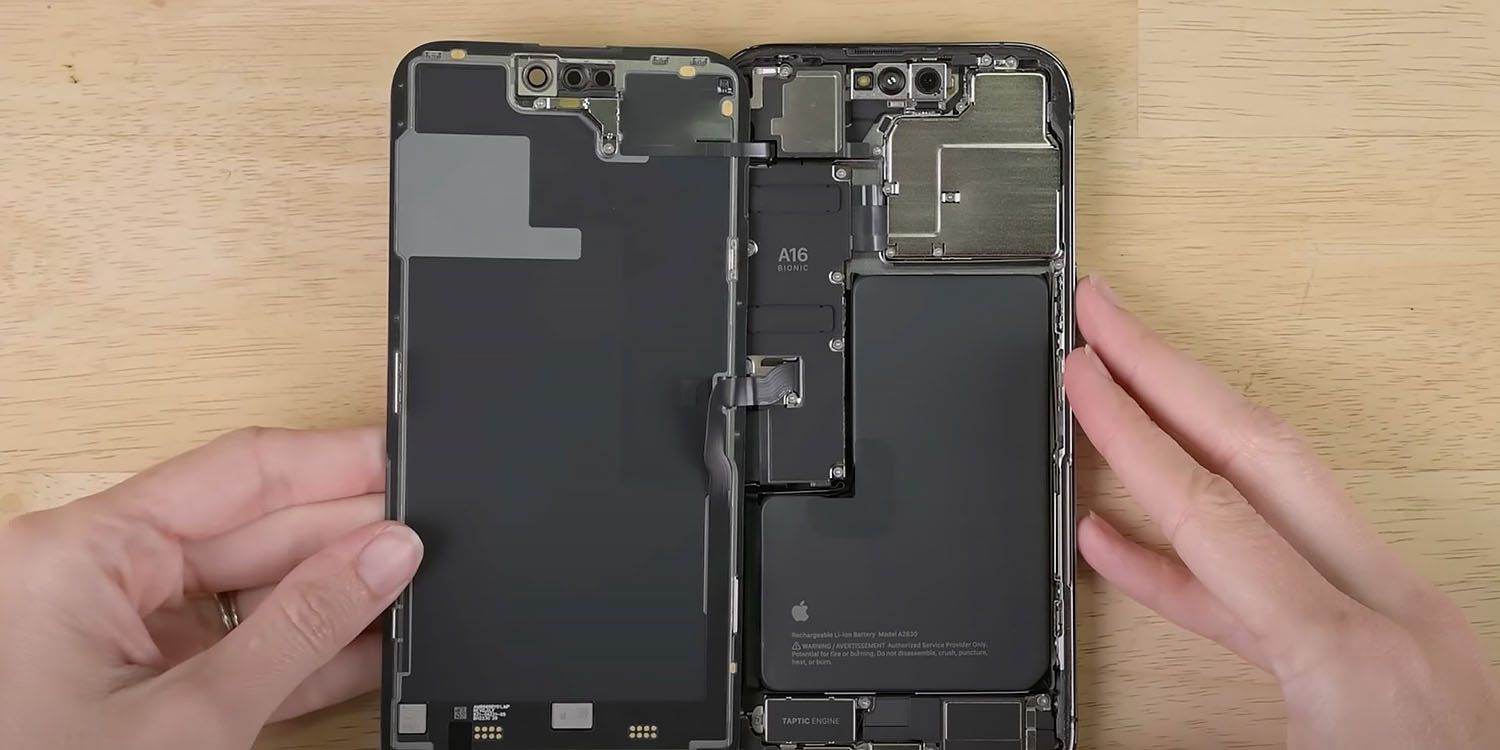
A 50% rejection rate for iPhone casings produced by an Indian company is a stark illustration of the difficulties Apple faces in reducing its dependence on China. Apple’s target for casings that fail to pass quality control is 0%, with Chinese suppliers reportedly getting extremely close to this.
The attitude of Indian suppliers is also said to compare poorly with the can-do approach of Chinese companies, with one former Apple engineer saying that there is no sense of urgency in its Indian supply chain …
Very poor iPhone casings yield
The Financial Times reports that poor yields is a key challenge faced by Apple in attempting to replicate its Chinese supply chain in India.
At an iPhone casings factory in Hosur run by Indian conglomerate Tata, one of Apple’s suppliers, just about one out of every two components coming off the production line is in good enough shape to eventually be sent to Foxconn, Apple’s assembly partner for building iPhones, according to a person familiar with the matter.
This 50 per cent “yield” fares badly compared with Apple’s goal for zero defects. Two people that have worked in Apple’s offshore operations said the factory is on a plan towards improving proficiency but the road ahead is long.
Former Apple employees said that Chinese suppliers had a totally different attitude, aiming to exceed the Cupertino company’s expectations. On more than one occasion, they said, a Chinese supplier would be given a task expected to take several weeks, and would have it done literally the next day.
There is optimism that Indian companies will adapt, and learn the standards required from an Apple supplier, but the process is expected to be a lengthy one.
Tech entrepreneur and academic Vivek Wadhwa said that it will likely take three years or so for Indian suppliers to be capable of the kind of volume production needed to make a noticeable dent in Chinese production.
Provincial governments “are bending over backwards to bring industry in, and they will do what China has done”, he said. “But, these are baby steps. Apple is now getting its feet on the ground, learning what does and doesn’t work . .. Give it three years and you’ll see it scaling up.
He also suggested that Apple, too, will need to adapt – especially when it comes to dealing with the bureaucratic government.
He suggested its engineers learn the art of jugaad — a way of “making do” or transcending obstacles. “Because everything in India is an obstacle,” he said.
9to5Mac’s Take
Top comment by maldini
This proves that China production standards are the best in the world. China's work force is highly educated and they are fairly paid. The result is that they produce world class quality products. China itself is a major a market for Apple products.
It’s unsurprising that new Apple supply operations in other countries cannot match those that have been refined for decades in China. It’s likely that similar issues will arise with new Apple suppliers in other countries too.
The prospects of transitioning a substantial chunk of iPhone production to India remain good in the medium-term, with recent estimates of 25% of global production by 2025, and 50% by 2028.
All the same, the report does illustrate the scale of the challenge faced by Apple between now and then.
Photo: iFixit
FTC: We use income earning auto affiliate links. More.



Comments